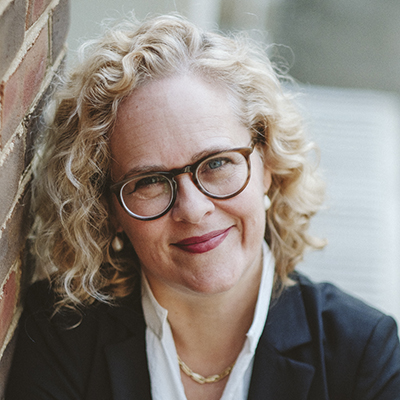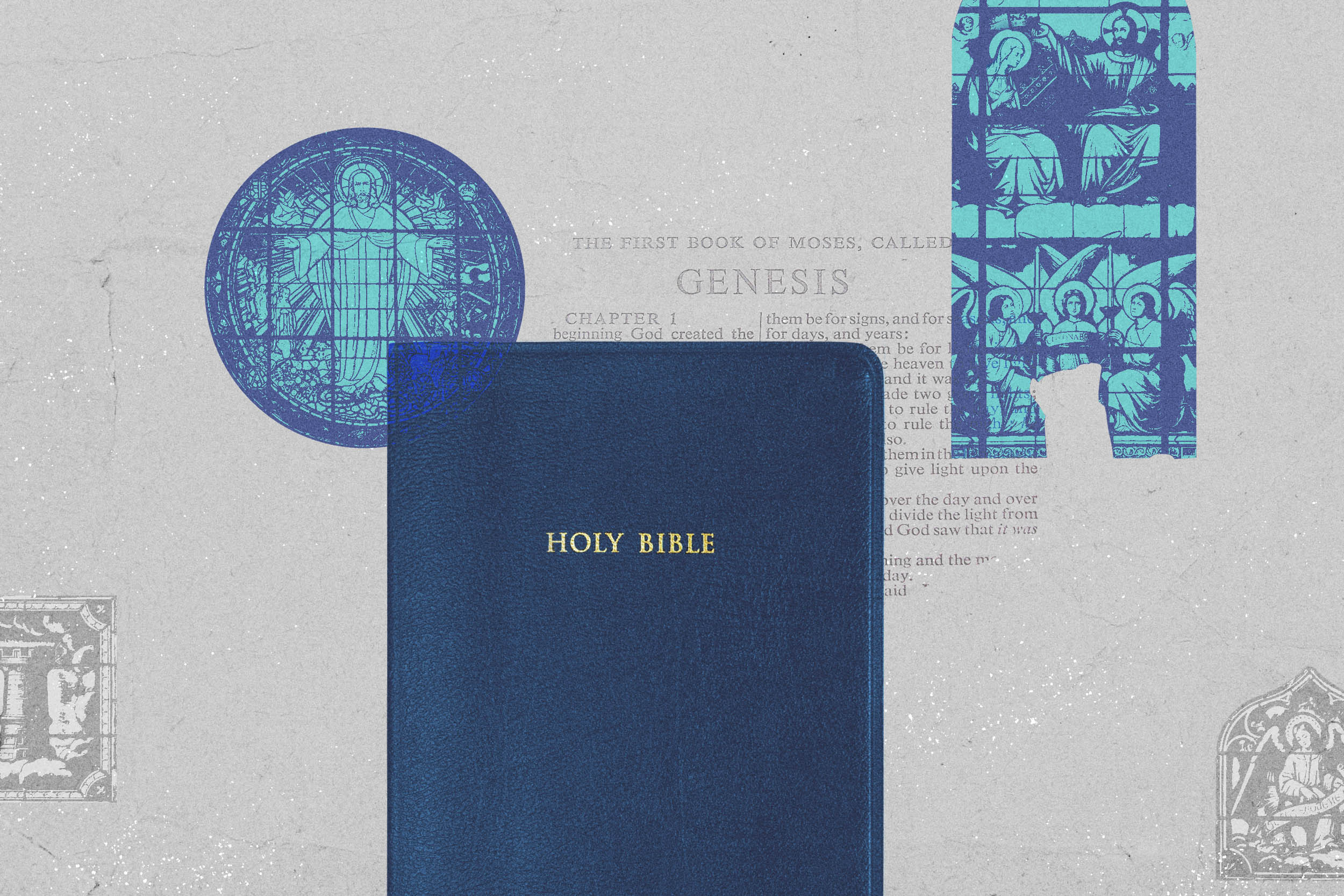UVA Today caught up with Halvorson-Taylor to learn more about her passion project.

Martien A. Halvorson-Taylor has been studying the Bible since her high school days in New York City. (Photo by Ézé Amos)
Q. At what point in your career or life did answering the question of “Who wrote the Bible?” become something you wanted to pursue?
A. It’s always been of interest to me because knowing when a text was written, and why and by whom, helps you to understand what it means.
It helps to understand the Bible in its fullest dimensions if you know that this (chapter) was written by a group of exiles who were living in Babylon or that (chapter) was written by people who were under threat of the Assyrians. Context matters.
And then, when I began to teach, I realized there were many assumptions out there about what the Bible is, and how it works, that don’t line up with what the Bible actually is and how it was written. Once, I taught a seminar and my students and I sort of teased each other and said that the tagline for the course should be “The Bible – it’s not what you think it is.”
In a way, that is the starting point for “Writing the Bible,” because to ask the question, “Who wrote the Bible” is to actually challenge the assumptions behind every part of that question. “Who” – in the sense that it was not one writer, but many. It challenges our Western modern assumptions about what writing is. We think of writers as the lonely creative genius in a garret somewhere, writing things in one sitting. When in fact, the Bible is the accumulation of writing over centuries. And that involves scribes copying, interpreting, recontextualizing and filling in gaps over time.
Q. It’s safe to assume the question of “Who wrote the Bible?” has been tackled before. What was your approach to this project?
A. My approach was largely historical. I tried, at every point, to give the context for when we think these things were written. And, too, I tried as much as possible to take advantage of the fact that we have multiple translations and editions of the Bible out there. We have the Hebrew Old Testament, but we also have a Greek translation that was translated by Greek-speaking Jews in Alexandria, Egypt.
We also have this treasure trove of documents in the Dead Sea Scrolls, which are fascinating for changing, all over again, our notions of what the Bible is. Certain books in the Dead Sea Scrolls are heavily represented and certain books that we think of as biblical are not there at all. The way each community arranges their Bible and what they include in their Bible, and even the shape of certain biblical books, tells us a lot about the sort of shifting notions about what was and was not regarded as Scripture.
So I tried to marshal all of the textual evidence that I could to show people how we might reconstruct the question of “Who wrote the Bible?”
Q. Any myths out there on the Bible’s authorship that you were able to bust?
A. For a long time, I don’t think people really cared about who wrote the Bible. That really is a modern question. But when they did start to care, they attributed it to Moses. This is improbable, since the text he was supposed to have written actually describes his own death.
But what’s more interesting, is to think about why ancient scholars thought of Moses as the author of the Bible.
Why did they think of Moses as the author? Well, because they defined what an author was differently than we do. For them, an author was an authority figure, an authorizing figure, and even if they were aware that scribes were recopying materials, they attributed it to Moses, as an authority figure.
To explore shifting notions of authorship between ancients and moderns is important for the question of who wrote the Bible. What we understand as an author is different from what an ancient scholar would understand as an author.
Most of all, I want people to hear the many voices that make up the Bible, which give the Bible additional resonances and a depth of dimension that make it timeless.


